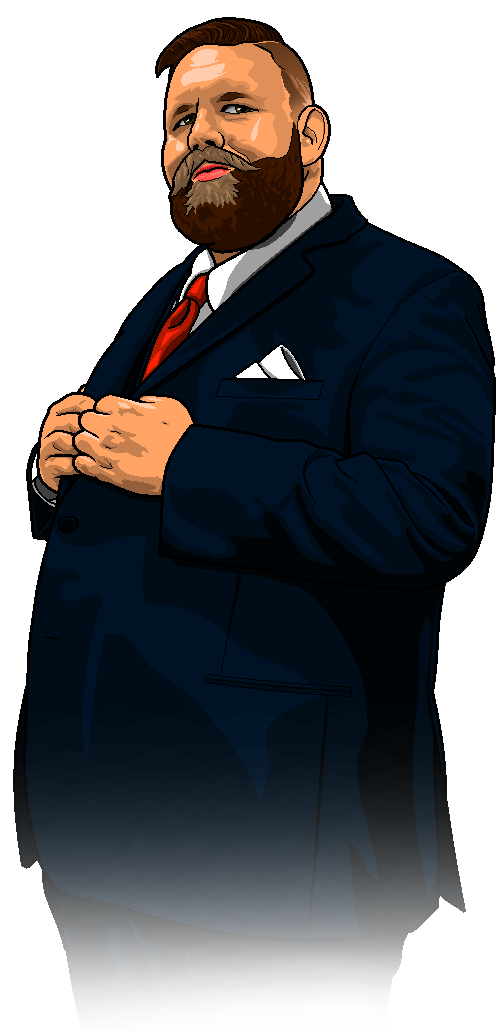END THE FED? End the pipe dream. It's not happening.
The Federal Reserve System. Founded in 1913 "in response to prior financial panics and bank runs, the most severe of which being the Panic of 1907", was founded on an ungrounded belief that capitalism was to blame for financial disasters. Many of us that read/write for/comment on this site probably shake our head at this comment, and I'm one of them. I don't believe that the creation of the Federal Reserve was necessary, and was created mostly for political reasons. Not necessarily to "control the economy" (I don't adhere to that theory), but instead to use as a political stunt to show that the government is supposedly doing everything possible to help the people.
The current responsibilities of the FED include (list from Wikipedia):
- To address the problem of banking panics
- To serve as the central bank for the United States
- To strike a balance between private interests of banks and the centralized responsibility of government
- To supervise and regulate banking institutions
- To protect the credit rights of consumers
- To manage the nation's money supply through monetary policy to achieve the sometimes-conflicting goals of:
- maximum employment
- stable prices, including prevention of either inflation or deflation
- moderate long-term interest rates
- To maintain the stability of the financial system and contain systemic risk in financial markets
- To provide financial services to depository institutions, the U.S. government, and foreign official institutions, including playing a major role in operating the nation’s payments system
- To facilitate the exchange of payments among regions
- To respond to local liquidity needs
- To strengthen U.S. standing in the world economy
Now, in theory, I agree: the Federal Reserve wasn't needed to accomplish these things. However, my main argument against the elimination of the Federal Reserve is that it is far too late for such a thing to happen. At this point, the FED is so ingrained into our system that ripping this bureaucratic nightmare leech could result in fatal blood loss (to use a less than flattering analogy). Will I concede that the FED has, in many cases, caused more harm that good? Absolutely. However, let's say that tomorrow the Federal Reserve System ceases to exist (not realistic in the least bit, but lets pretend for a moment). The panic that it would bring amongst investors would see the stock market crash to almost nothing. Suddenly, businesses that are relying on the FED to keep interest rates artificially low would close down over night, and massive lay offs and unemployment rates would finally slam that nail into our coffin.
Do I think that the FED should be held accountable for their mistakes? Absolutely. In fact, I have an entire Economic Bill of Rights that I believe should be passed. Not only would such legislation be more realistic than the elimination of the FED, it would accomplish what many of us on here want (accountability and transparency) with out completely demolishing the economy. The Economic Bill of Rights, which I found in the book "Common Sense Economics" and fell in love with, are as follows:
a. No government shall use its regulatory powers to take private property, either partially or in its entirety, for public use without paying the owner the full market value of the property taken.
In recent years state and local governments in particular have used regulations to take or control private property without compensation, even though the property owner had violated the rights of no one. The courts have generally allowed them to do so as long as a legislative body deemed that the action was "in the public interest" or that the taking did not deny the owner all uses of his or her property. This is an open door to abuse that must be closed.
b. The rights of individuals to compete in a business or profession and/or buy and sell legally tradable goods and services at mutually acceptable terms shall not be infringed by Congress or any of the States.
The freedom of individuals to compete in business and engage in voluntary exchange activities is a cornerstone of both economic freedom and progress. Price controls, business and occupational entry restraints, laws restricting the exchange of goods and services across state boundaries, and other government regulations that restrain trade should be prohibited.
c. Congress shall not levy taxes or impose quotas on either imports or exports.
The U.S. Constitution already prohibits the imposition of these trade restraints on exports. This prohibition should also be extended to imports. The freedom to trade is a basic human right, just like freedom of speech and freedom of religion. There is no reason why Americans should no be permitted to buy from and sell to whomever will give them the best deal, even if the trading partner lives in another country.
d. A 3/4ths approval of both Houses of Congress shall be required for all expenditure programs of the federal government. At least 2/3rds approval of the legislative branches of state government shall be required for the approval of expenditures by state governments.
Remember, if a project is really productive, there will always be a method of finance that will result in everyone gaining. Thus, the super majority provisions need not eliminate projects that truly increase wealth. They will, however, make it more difficult for special interests to use government as a tool for plunder. They will also help keep the spending activities of governments as the local level where competition among governments provides a stronger incentive to serve the interests of all citizens.
e. A 3/4ths approval of both Houses of Congress shall be required before the federal government is permitted to borrow any funds to finance a deficit in its annual budget.
This will reduce the inclination of Congress to spend beyond its means.
f. A 3/4ths approval of both Houses of Congress shall be required for the federal government to mandate any expenditures by either State governments or private business firms.
If this provision is no included, Congress will use mandated expenditures to escape the prior spending and borrowing limitations.
g. The function of the Federal Reserve System (FED) is to maintain the value of currency and establish a stable price level. If the price level either increases or decreases by more than four percent annually during two consecutive years, all Governors of the FED shall be required to submit their resignations.
This provision would make it clear what the FED is supposed to do. If the FED establishes monetary stability, it is doing its part to promote economic stability and progress.
Now, would even this be quite the undertaking? Of course. However getting something like this passed as opposed to the elimination of a humongous bureaucratic machine is much much more realistic. So there you go, my thoughts on the FED. Lets have some constructive comments, shall we? Yes, I do in fact have a brain, and with that brain I think for myself instead of following the leader. I haven't heard one other person with this particular viewpoint on the FED or economic policy, and while I know it's not perfect, nothing ever is. Non-constructive comments will not be addressed.








